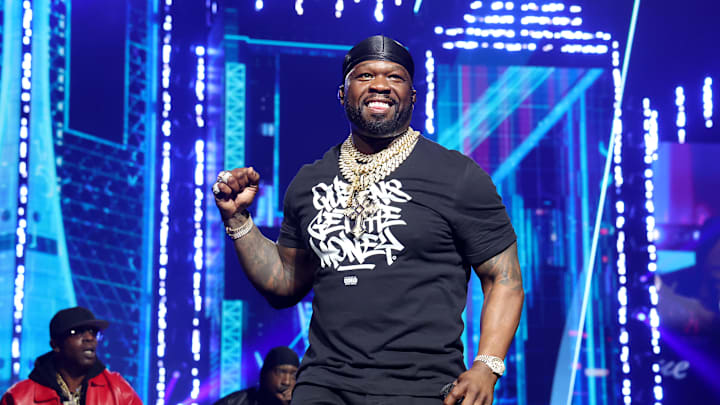The 2000s marked a shift in how music was consumed. With the rise of digital sales, ringtone hits, and viral marketing, certain albums rode waves of hype built more on visibility than substance. Albums with one or two massive singles often dominated charts while the rest of the tracklist went ignored, creating inflated reputations around otherwise inconsistent bodies of work.
During this decade, artists were frequently rewarded for staying on trend rather than setting them. Labels heavily leaned into whatever sound was hot—whether it was crunk, glossy R&B, emo-pop, or synth-heavy club tracks—causing many albums to feel manufactured for the moment.
Some artists coasted on their star power alone, which made mediocre albums seem much bigger than they were artistically.
10 overrated albums from the 2000s
Additionally, nostalgia has started to cloud the view of certain 2000s albums. Because they defined youth for many listeners, some records are remembered more fondly than they truly deserve when examined critically. Looking back, several big-name projects lack the innovation, cohesion, or lasting influence to justify their once-hyped status.
50 Cent –The Massacre (2005)
After Get Rich or Die Tryin’, this follow-up was highly anticipated but bloated. Despite strong singles like “Candy Shop,” the album lacked cohesion and was padded with filler tracks.
Mariah Carey –The Emancipation of Mimi (2005)
Though hailed as a comeback, much of the praise was rooted in narrative, not content. Beyond a few great singles, the album had inconsistent moments and leaned heavily on formulaic ballads.
Fall Out Boy – Infinity on High (2007)
While successful, this album marked a shift toward radio-friendly polish over their earlier edge. Critics praised it for maturity, but it often felt overproduced and lyrically muddled.
Nelly – Nellyville (2002)
Fueled by huge hits like “Hot in Herre,” the album dominated the airwaves—but lacked substance beyond the singles. Much of it felt repetitive and commercially engineered rather than artistically focused.
Usher – Here I Stand (2008)
Following the massive success of Confessions, this album was highly anticipated—but it didn’t live up to the emotional or sonic intensity of its predecessor. Despite decent sales, the project lacked focus, leaned too heavily on mid-tempo filler, and felt weighed down by industry pressure and personal narrative over compelling artistry.
Mario – Turning Point (2004)
While “Let Me Love You” became an undeniable classic, the rest of Turning Point didn’t quite measure up. The album's success was largely driven by that single, with the surrounding tracks lacking the same level of emotional pull or sonic identity. Its over-reliance on trendy production made it feel more like a moment than a movement.
Linkin Park – Minutes to Midnight (2007)
It was a massive commercial success, but the band’s shift in sound alienated some fans. Although the album is praised for evolution, it often feels torn between identity crisis and creative restraint.
Justin Timberlake – Justified (2002)
While undeniably stylish, Justified borrowed heavily from Neptunes and Timbaland’s playbooks. Justin’s artistry was still in development, and the album gets more credit than its originality deserves.
The Game – The Documentary (2005)
Though a strong debut, much of its success was tied to Dr. Dre’s production and major co-signs. The Game’s own voice felt underdeveloped, and the praise sometimes overlooks that imbalance.
Maxwell – BLACKsummers’night (2009)
While beautifully produced and vocally rich, BLACKsummers’night was often praised more for its return after a long hiatus than for what it delivered musically. At just nine tracks, the album felt too brief and emotionally distant, lacking the layered intimacy and innovation of Maxwell’s earlier work.
Its critical acclaim sometimes overshadows how safe and subdued the material truly was.
The 2000s were full of blockbuster releases, but not every chart-topper was a creative triumph. These albums may have captured attention in their time, but with hindsight, many reveal more flash than substance. Their inflated reputations remind us that commercial success and cultural presence don't always equate to timeless artistry.
